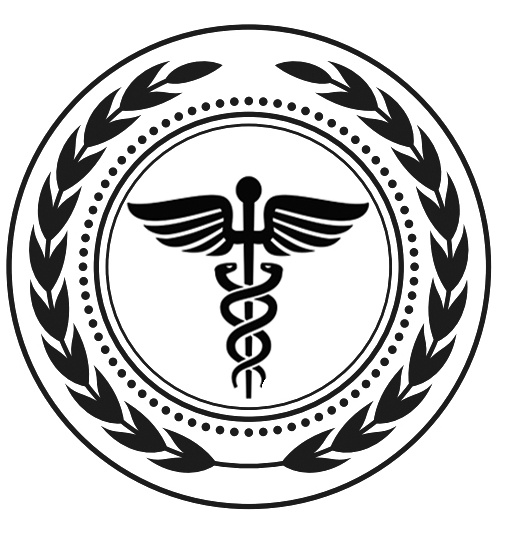CLINICAL PSYCHIATRY
Dr. Thompson is certified by the American Board of Psychiatry
and Neurology in Psychiatry, Child & Adolescent Psychiatry, and Forensic Psychiatry. He is also certified by the American Board of Addiction Medicine. Dr. Thompson has had a private practice in West Los Angeles for over 17 years. He completed his Psychiatry Residency at the UCLA Neuropsychiatric Institute and Hospital
in Los Angeles, CA, his Forensic Psychiatry Fellowship at the UC Davis Department of Psychiatry in Sacramento, CA, and his Child
and Adolescent Psychiatry Fellowship at the UCLA Neuropsychiatric Institute and Hospital in Los Angeles, CA. He was certified in Addiction Medicine in 2009.
He offers psychiatric services for mental health issues, such as:
- Attention-Deficit/Hyperactivity Disorder (ADHD)
- Depression, Anxiety, Mood-related problems
- Autism Spectrum Disorders
- Bipolar Disorder
- Schizophrenia
- Post-Traumatic Stress Disorder (PTSD)
- Stress Management
- Substance Use Disorders - Illicit Substances, Prescription Medications, Alcohol
- Relationship Issues and Marital Conflict Issues
- Family Discord
- Eating Disorders
- Suicidal Ideation and Self-Injurious Behavior
CHILD & ADOLESCENT
In his practice with children and adolescents, Dr. Thompson works closely with the patient's family, other therapists, social workers, and other individuals that are involved in the patient's care. He utilizes some of the following treatments:
- Individual Psychodynamic Psychotherapy
- Cognitive Behavioral Therapy
- Family Therapy
- Play Therapy
- Psychotropic Medication Management
ADULT
When treating adults, Dr. Thompson employs some of the following treatments:
- Psychodynamic Psychotherapy
- Cognitive Behavioral Therapy
- Motivational Interviewing
- Psychotropic Medication Management

For more information about my psychiatric practice appointments, fees, and policies, see Contact in the menu bar or click here.
CONFIDENTIALITY ISSUES
Patient confidentiality is not absolute (e.g., imminent self-harm or danger to others, suspected child or elder abuse, court order to release information). This is especially true in the treatment of children and adolescents. Quite understandably, many parents/caretakers want to know what transpired in psychotherapy or medication management sessions. However, some degree of confidentiality is essential in order to develop a therapeutic alliance with patients (particularly adolescents). This alliance subsequently improves the quality of their psychiatric care.
Therefore, I will use my clinical judgment in deciding whether and when to relay information to parents that has been revealed to me by patients. In most cases, if I feel information needs to be communicated to parents, I will encourage the patient to do it their self. In clinically urgent or emergent situations, I may relay the information to parents myself.
